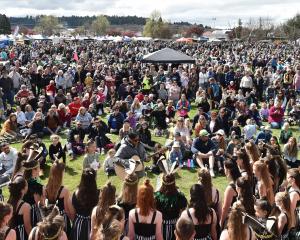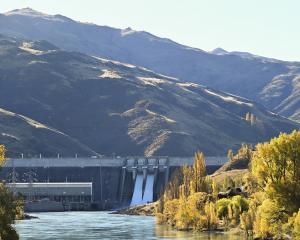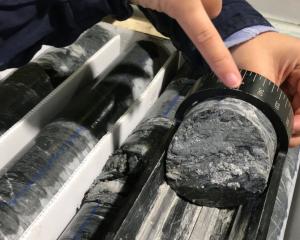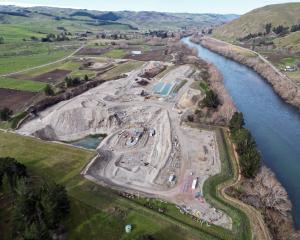
She said at yesterday's planning and environment meeting the council was watching potential changes from a government review of the National Environmental Standard (NES) relating to air pollution, under consideration at present.
One of the possible changes was lowering PM10 limits for towns in airshed 1 from 0.7g/kg of fuel burnt to 0.5g/kg, Ms van der Voort said.
PM10 are particles in the air less than 10 microns in diameter. They are produced by the combustion of wood and fossil fuels, as well as by various industrial and natural processes.
The towns in airshed 1 are Alexandra, Clyde, Arrowtown and Milton.
A change to a limit of 0.5 would affect the kinds of woodburning fires that were permitted, although some woodburners on the market at present would meet a 0.5 limit, Ms van der Voort said.
Another change being considered in the NES review was banning all outdoor burning, she said.
Councillors said any changes to air quality rules would put the spotlight on issues that already existed in Central Otago, such as whether it was more important to have cleaner air or warm homes.
Woodburners were the only realistic way to heat many homes, especially those in areas that received heavy snow or faced power cuts from winter conditions, and there could be greater health issues from people living in cold homes than with air quality, they said.
A ''much wider debate'' about the issues was needed and the CODC should be making submissions on the issue ''at a local level, before it gets to a regional level and the horse has bolted'', Deputy Mayor Neil Gillespie said.
He agreed more discussion was needed over outdoor burning.
A recent burnoff at Northburn Station created smoke that ''looked like a volcano had erupted'', and many Cromwell citizens were speculating the burnoff emissions would be greater than those created from domestic woodburners over an entire winter.
''There is absolutely no scientific basis for that, but it's what people are saying,'' Mr Gillespie said.












